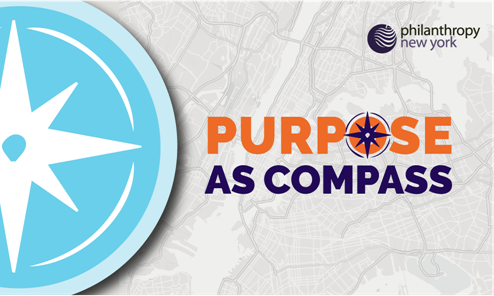The Latino Commission on AIDS and The Duke of Edinburgh’s Award Teams Win Morgan Stanley’s Annual Strategy Challenge Supporting Nonprofits in the U.S. and the UK
Release Date:
05/19/2022
Employees contributed over 11,000 hours to strategy development for 15 nonprofits during the 2022 Strategy Challenge program. Program has benefited over 170 nonprofits since launch.

